House training a dog is a big step for every pet owner. Many people want to know how long does house training a dog take. The answer is not the same for every dog. Some dogs learn in just a few weeks, while others may need several months or even up to a year to be fully trained. The time it takes depends on things like your dog’s age, breed, and how consistent you are with training. In this article, you will learn why the timeline can be different for each dog and what can help speed up the process.
How Long Does House Training a Dog Take?
How long does house training a dog take? Most dogs can be house trained in about 2 to 4 weeks if you are very consistent and follow a good routine. However, for many puppies and some adult dogs, it can take 4 to 6 months to be fully house trained. Some dogs, especially smaller breeds or those with past habits, may need up to a year to be completely reliable.
Every dog is different. Some learn quickly, while others take more time. Factors like your dog’s age, breed, size, and your training consistency all affect how long house training takes. Be patient and remember that each dog learns at their own pace.
Puppy Potty Training Timeline
Potty training a puppy is a step-by-step process that takes time and patience. The timeline can vary, but most puppies start learning at 8 weeks old and may need up to six months to be fully reliable. Here’s what you can expect week by week and month by month.
Weeks 8–12:
At this age, puppies have very small bladders and little control. Take your puppy outside every 1–2 hours during the day, and always after sleeping, eating, or playing. Accidents are common, so keep a close eye on your puppy. Reward them every time they go in the right spot. Do not expect your puppy to “hold it” for long-usually about one hour for every month of age.
Months 3–4:
Your puppy will start to gain more bladder control. You may notice fewer accidents, and your puppy might begin to signal when they need to go out, such as whining or going to the door. At this stage, you can slowly increase the time between potty breaks, but still take them out often, especially after meals and naps. Some puppies can start sleeping through the night without needing a bathroom trip.
Months 5–6:
Most puppies have much better control by this age. Accidents should be rare, but it’s important to keep a routine and continue rewarding good behavior. Your puppy may be able to wait several hours between potty breaks during the day.
Why Puppies Learn at Different Speeds
Puppies learn at different rates due to their age, breed, size, and personality. Small breeds have smaller bladders and may need more frequent trips outside. Some breeds are eager to please and catch on quickly, while others may take longer. Consistency and a regular schedule help all puppies learn faster.
Typical Milestones and Setbacks
- Early weeks: Frequent accidents and learning the routine
- 3–4 months: Fewer accidents, starting to signal needs
- 5–6 months: Rare accidents, more independence
- Setbacks: Changes in routine, stress, or too much freedom can cause accidents even after progress. If your puppy regresses, go back to basics with more frequent breaks and supervision.
Remember, patience and consistency are key. Every puppy is different, but with time and a good routine, most puppies become house trained within four to six months.
Factors That Affect House Training Duration
Age of the Dog
The age of your dog plays a big role in how long house training takes. Puppies usually start potty training between 12 to 16 weeks old, but they have small bladders and need frequent breaks. Adult dogs may learn faster if they have been trained before, but if they have bad habits, it can take longer to retrain them. Older dogs may also have health issues that affect their ability to hold it.
Breed and Size
Breed and size matter, too. Some breeds, especially those that are smart and eager to please, like Labradors, learn quickly. Small dog breeds, such as Chihuahuas and Dachshunds, are more likely to have accidents and often take longer to be fully house trained. This is because small dogs have smaller bladders and may need to go outside more often.
Consistency and Supervision
Being consistent is one of the most important parts of house training. Dogs need a regular routine for eating, playing, and going outside. If you change the schedule or miss potty breaks, your dog can get confused and have more accidents. Supervision is also key. Watching your dog closely helps you catch signs that they need to go out and prevents mistakes.
Previous Training or Habits
If your dog has been house trained before, they may learn faster. But if they have learned bad habits, like going indoors, it can take more time and patience to change those habits. Dogs who have never lived in a house before might need extra time to adjust to new rules and routines.
Health and Medical Issues
Health problems can make house training harder. Dogs with urinary tract infections, bladder problems, or other medical issues may have trouble holding their urine or stool. Older dogs may also have age-related health problems that affect their control. If your dog has sudden accidents or trouble learning, a visit to the vet is a good idea.
Each dog is unique, and these factors together decide how long house training will take. With patience, a good routine, and lots of praise, most dogs can learn to be house trained.
Housebreaking Schedule: Why Routine Matters
A consistent potty schedule is one of the most important parts of house training a dog. Dogs learn best when they know what to expect each day. Feeding your dog at the same times and taking them outside on a regular schedule helps them develop good bathroom habits. When you stick to a routine, your dog’s body gets used to going at certain times, which means fewer accidents in the house.
Sample Daily Schedule for House Training
Here is a simple example of a house training schedule for puppies:
- 7:00 am: First potty break of the day, followed by a walk or playtime
- 8:00 am: Breakfast, then outside for a potty break
- 9:00 am: Crate time or quiet time
- 11:00 am: Potty break and playtime
- 1:00 pm: Lunch, then outside for a potty break
- 3:00 pm: Potty break and playtime
- 5:00 pm: Dinner, then outside for a potty break
- 7:00 pm: Potty break and playtime
- 9:00 pm: Last potty break before bedtime
For adult dogs, you can space out the potty breaks a bit more, but always take them out after meals, after waking up, and before bedtime.
The Role of Crate Training and Supervision
Crate training is very helpful during housebreaking. A crate gives your dog a safe space and helps them learn to control their bladder and bowels. Dogs do not like to soil their sleeping area, so they will try to wait until you let them outside. Use the crate when you cannot watch your dog closely. This prevents accidents and teaches your dog to hold it until the next scheduled potty break.
Supervision is also key. Keep your dog in the same room as you or use baby gates to limit their space. Watch for signs that your dog needs to go, like sniffing or circling, and take them outside right away. The more you stick to the schedule and supervise your dog, the faster they will learn.
A regular routine, crate training, and close supervision are the best ways to help your dog succeed with house training. With time and patience, your dog will learn when and where to go.
Common Setbacks and How to Handle Them
Accidents and Regression: What’s Normal and When to Worry
It is normal for dogs and puppies to have accidents during house training. Sometimes, even a well-trained dog can start having accidents again. This is called regression. Regression can happen if there are changes in your dog’s routine, stress, or if you become less consistent with training. Puppies often have setbacks around four months old as they grow and develop. Occasional accidents are common, but if your dog suddenly starts having frequent accidents, or if you notice other changes in their health, it may be a sign of a medical problem like a urinary tract infection. In that case, it is best to visit your vet.
How to Respond to Setbacks Without Punishment
Never punish your dog for accidents. Do not yell, scold, or rub their nose in the mess. Punishment can make your dog afraid and confused, and may cause more problems. If you catch your dog in the act, calmly interrupt them and take them outside to their bathroom spot. Praise them if they finish outside. If you find a mess after the fact, just clean it up thoroughly and move on. Use an enzymatic cleaner to remove all traces of odor, so your dog is not tempted to go in the same spot again.
Tips for Getting Back on Track
- Go back to basics: Increase supervision and use a crate or baby gates to limit your dog’s freedom indoors.
- Take your dog outside more often, especially after eating, drinking, sleeping, or playing.
- Keep rewarding your dog every time they go in the right spot, even if they were doing well before.
- Keep a potty journal to track accidents and progress.
- Make sure your dog’s routine is calm and predictable, especially if there have been changes in the home.
- If accidents continue, check with your vet to rule out health problems.
Setbacks are normal in house training. With patience, supervision, and a return to a consistent routine, most dogs get back on track quickly.
FAQS.
How long does it take to house train a puppy?
Most puppies need 4 to 6 months to be house trained. Some may take up to a year. Be patient and keep a regular routine for best results.
How long does it take to house train an adult dog?
Adult dogs can often be house trained in a few weeks. If the dog has bad habits or was never trained before, it may take 6 to 8 weeks.
How long does it take to house train a rescue dog?
Rescue dogs usually need a few weeks to a few months to be house trained. If they had training before, it may be faster. If not, it may take longer.
Does a dog’s breed matter for house training?
Yes, breed can make a difference. Some breeds learn faster, while others are more stubborn and take longer. Small breeds often take more time because they need to go out more often.
Does a puppy’s age matter for house training?
Yes, age matters. Younger puppies need more bathroom breaks and take longer to learn. Older puppies can hold it longer and may learn faster.
Why do small dogs take longer to house train?
Small dogs have small bladders, so they need to go out more often. This can make house training take longer.
What are the steps in house training a puppy?
First, expect many accidents. Then, your puppy will start to learn when and where to go. After about 6 months, most puppies have very few accidents.
When is a puppy fully house trained?
A puppy is fully house trained when it has no accidents for at least 6 weeks in a row. This usually happens between 8 and 12 months old.
What helps a dog learn house training faster?
A regular schedule, praise, and treats help a lot. Take your dog out often, especially after eating, drinking, playing, or waking up. Be patient and kind.
How often should I take my puppy outside?
Take your puppy outside every 1 to 2 hours, and always after meals, naps, and playtime. Puppies need lots of chances to go outside.
Can I house train a puppy in one week?
No, it usually takes much longer. Most puppies need several months to be fully house trained.
Why is my dog still having accidents?
Your dog may need more time, or there could be a health problem. Make sure you have a good routine. If accidents continue, talk to your vet or a dog trainer.



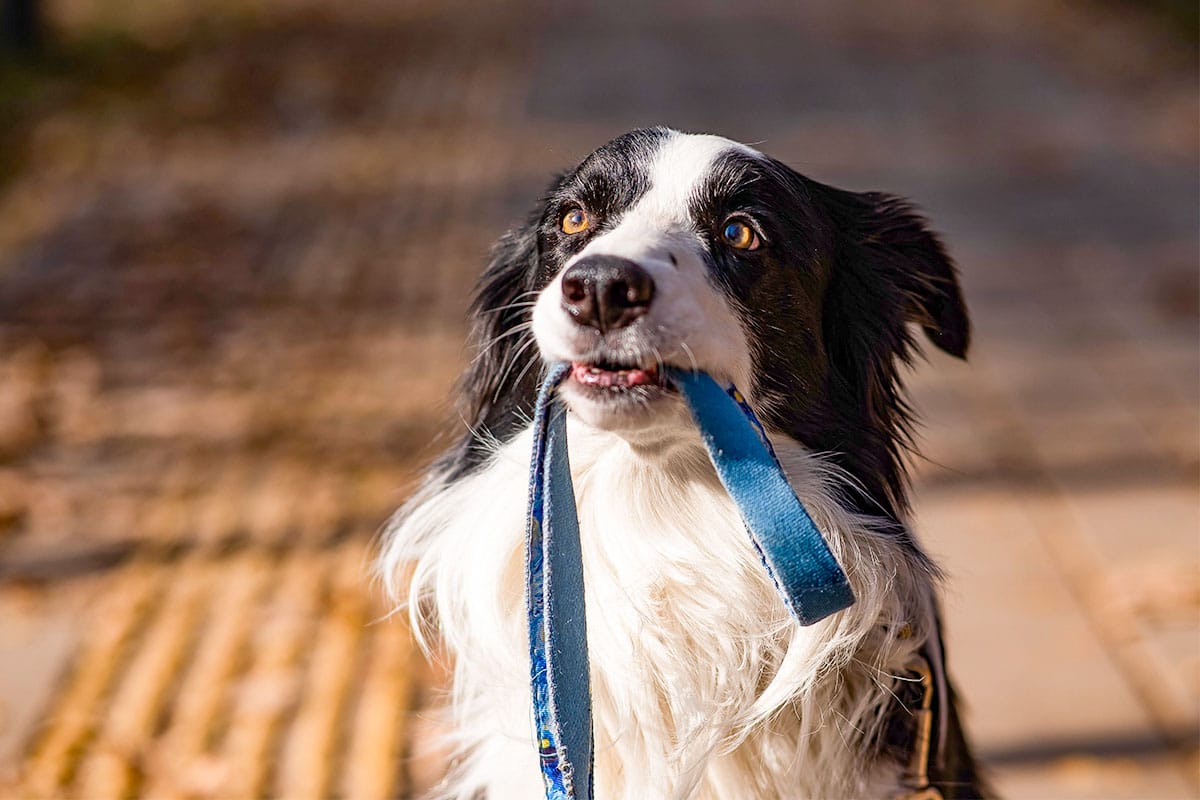




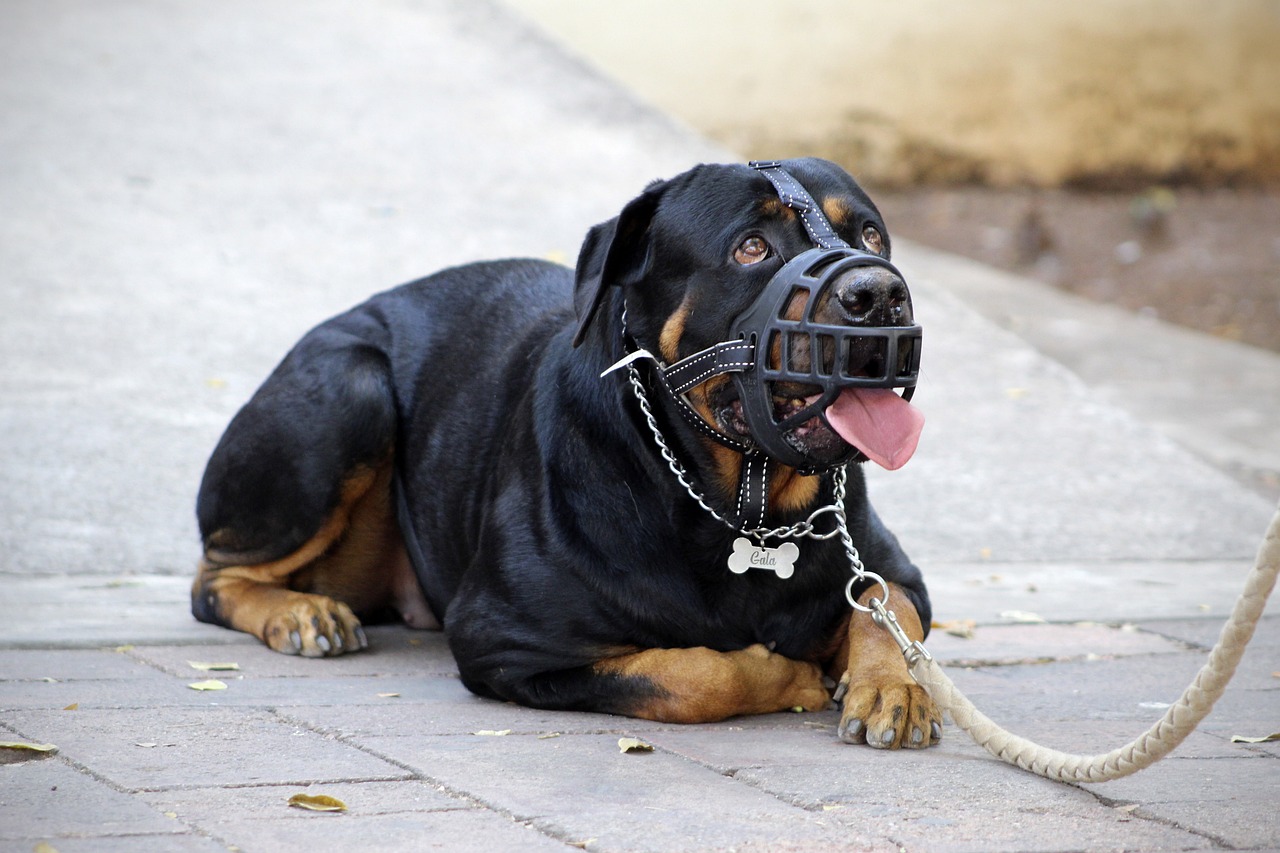


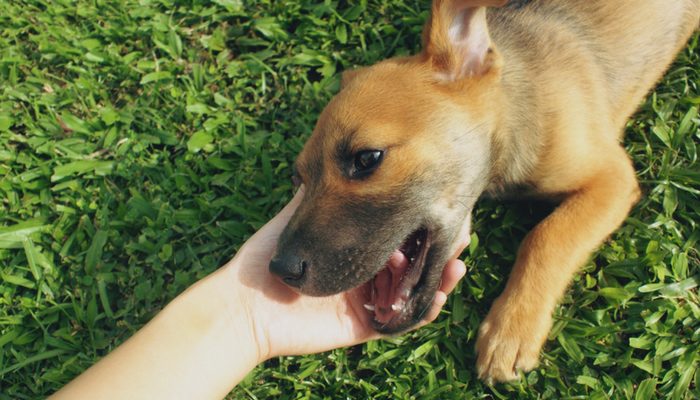

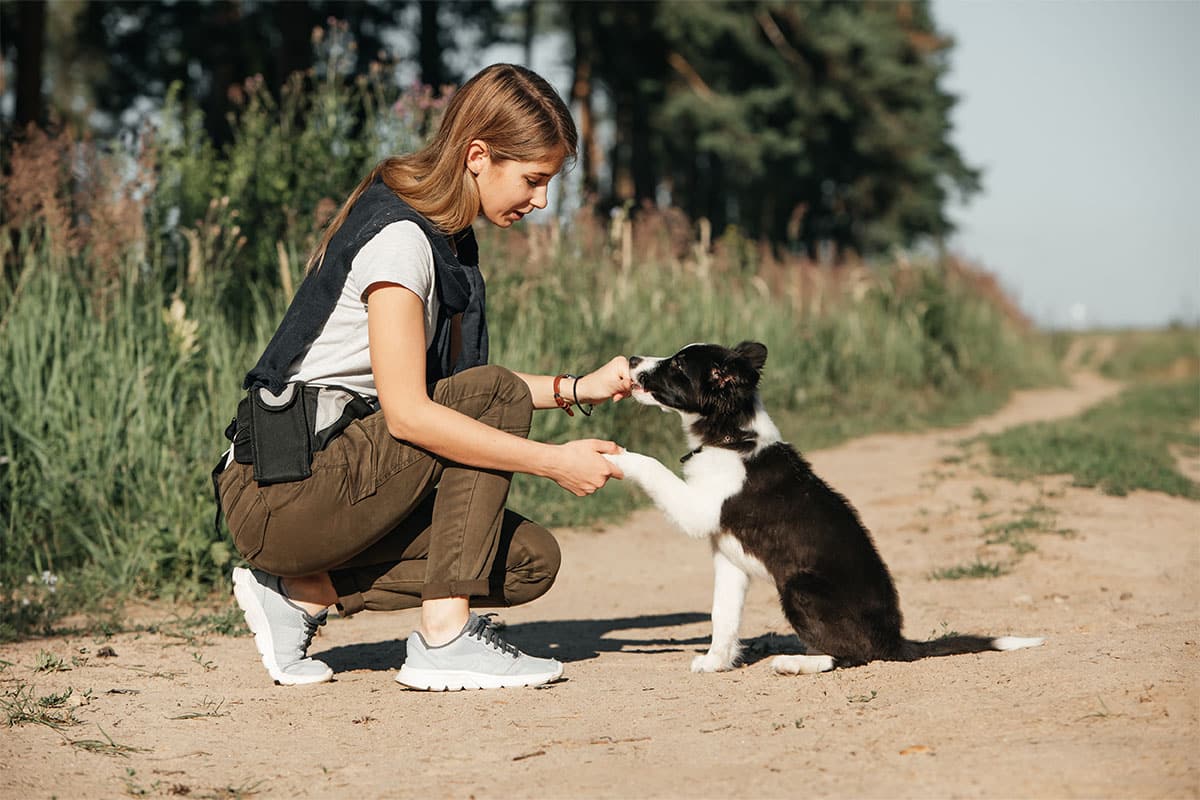
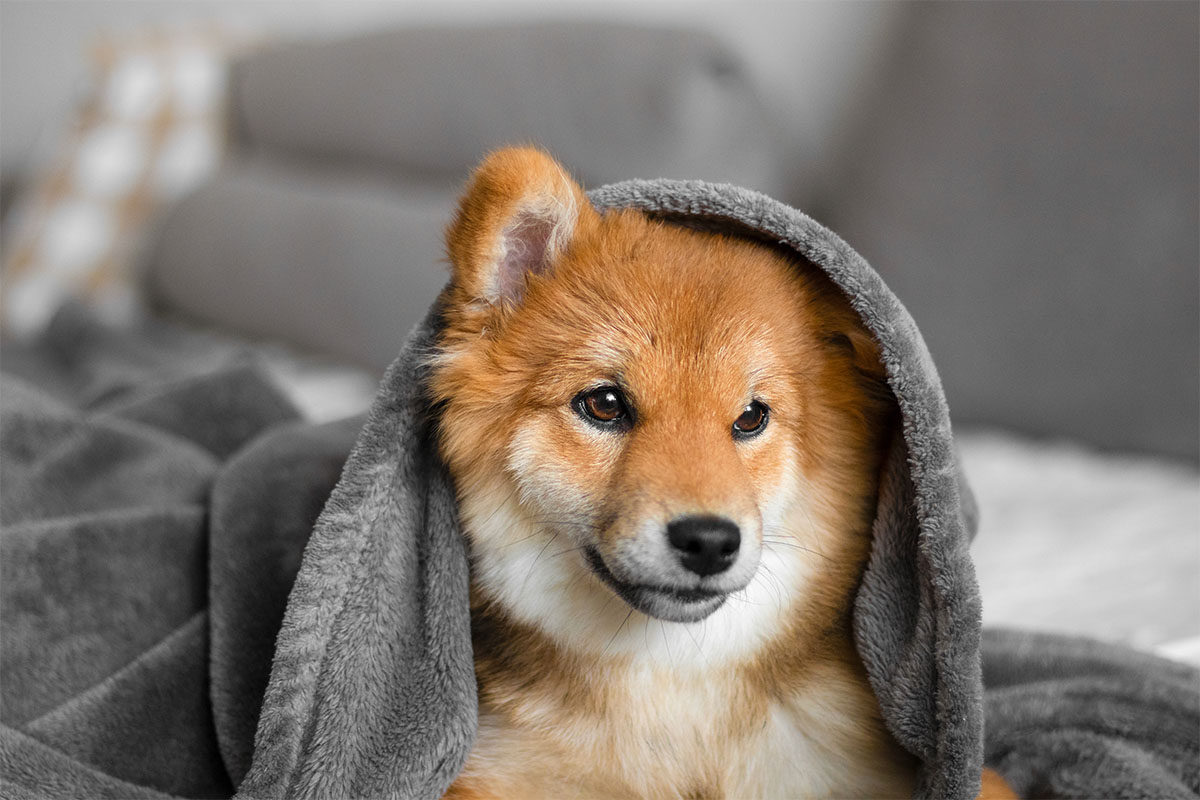

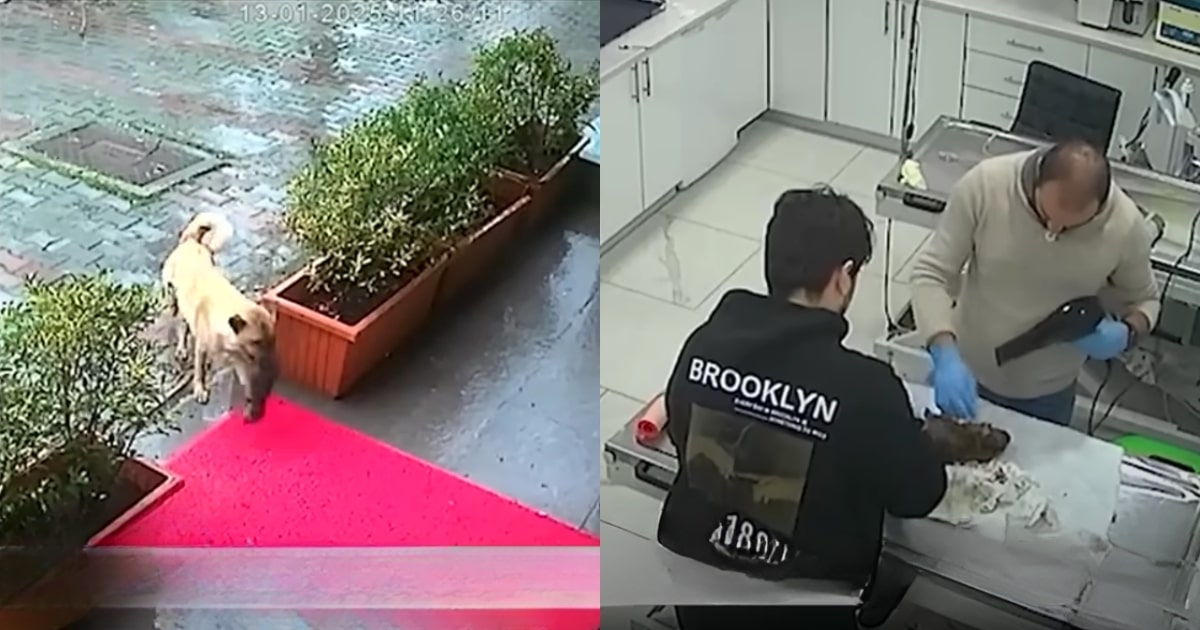
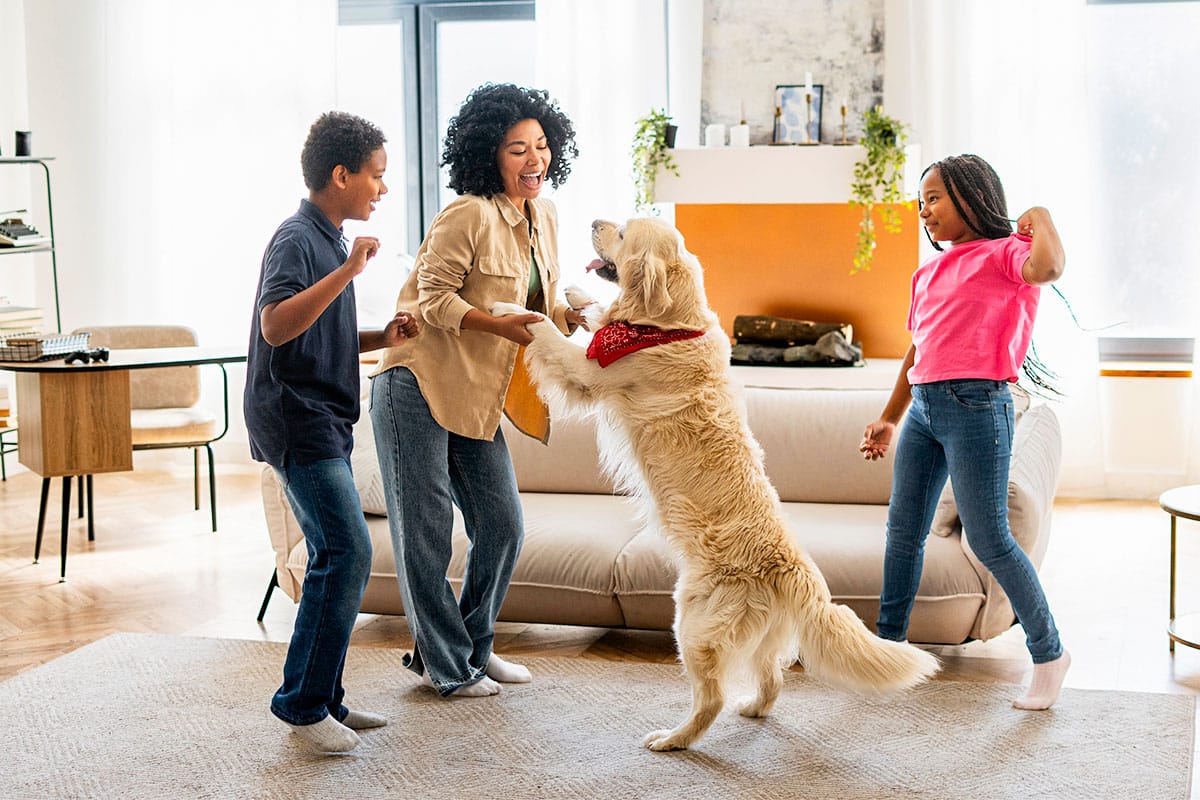

 English (US) ·
English (US) ·